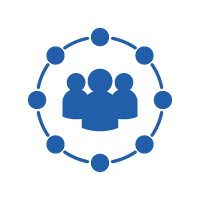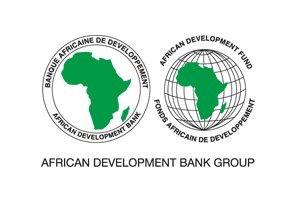Borana Resilient Water Development for Improved Livelihoods Program
T he Global Center on Adaptation (GCA) is mainstreaming climate adaptation and resilience into Phases I and II of the African Development Bank’s Borana Resilient Water Development for Improved Livelihoods Program. GCA is providing this support through the Africa Adaptation Acceleration Program (AAAP).
The program will provide access to climate-resilient and gender-sensitive integrated and sustainable water and sanitation services to pastoralist communities in the dryland areas of the Borana area of the Oromia Region, improving health, livelihoods, nutrition, and food security. The program will contribute to the Water Resources Development plan of the Government of Ethiopia to increase the share of rural residents with access to 25 liters of water per person per day, within one kilometer from 55 to 100%, and provide potable water and sanitation services to all education and health facilities by 2030. It also will benefit the Oromia Regional Development Plan, which emphasizes water as an entry point and an enabler in strengthening food security, fostering import substitution, raising the value of agricultural exports, and creating jobs.
The program is structured in two components. The first focuses on financing investments in climate-resilient water infrastructure, including groundwater development in the Gelchet wellfield, construction of water supply routes, water storage, and livestock watering facilities. The second concentrates on financing integrated watershed management and institutional strengthening, with a focus on community-led soil and water conservation measures aimed at protecting water sources, reducing landscape degradation, and revitalizing the landscape.

Investment Value Influenced by GCA
US$88.3 million

Beneficiaries
309,000 Ethiopian citizens (50% of which are female) and 1 million livestock

Implementation Period
2023-2028
Partners


GCA’s Added Value
GCA’s interventions include:
- A climate risk assessment, which comprehensively identified climate hotspots and associated risks
- Strategic recommendations based on the assessment, which identified adaptation needs and opportunities, and designed a suite of adaptation measures to increase the resilience of catchments and water service assets, which are to be implemented under the program
- A gender climate vulnerability assessment, which identified gender gaps and how to address them with the development of a gender-sensitive water services action plan
Expected Outcomes
- Promoting socio-economic development by improving the integration of climate adaptation and resilience solutions into infrastructure investments in the Borana Zone
- Identifying priority adaptation actions for an additional $60 million in Phase II of the project, including actions that improve water management, health, and social equity; address existing gender gaps; and increase water access for women and marginalized groups
- Informing a proposal to mobilize additional funding ($20 million) for the program through the African Development Bank’s Climate Action Window.